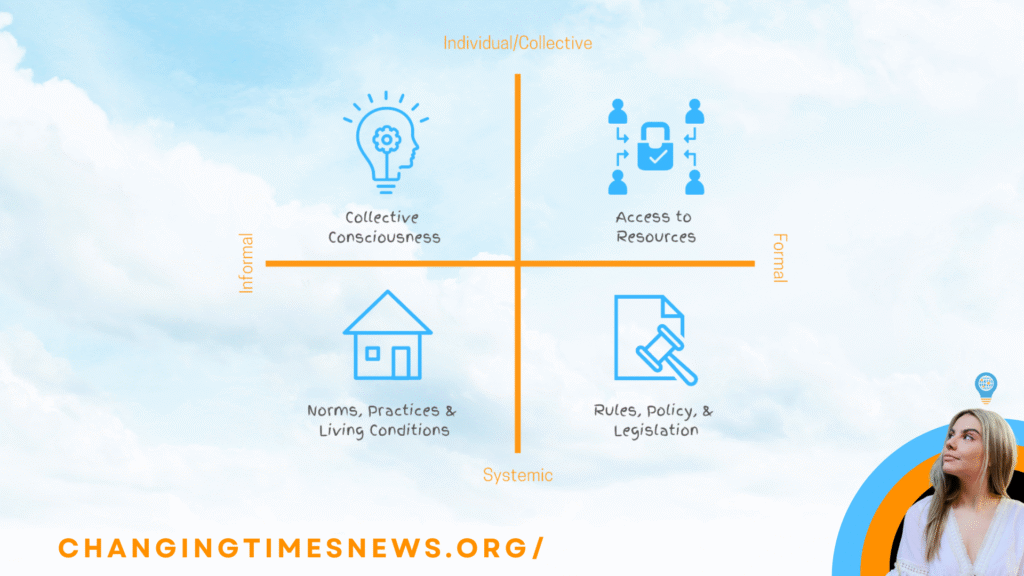In the world of social change, language matters. Terms like activist, advocate, and changemaker are often used interchangeably, but each carries its own meaning. In the latest episode of the Changemaker Q&A podcast, host Tiyana J tackled a thoughtful listener question: Is being a changemaker different from being an activist?
At first glance, the distinction may seem semantic. After all, both activists and changemakers seek to improve society, often through grassroots action. But as Tiyana explains, the Humanitarian Changemakers Network—the global community she leads—intentionally uses the broader term changemaker. The aim is to recognize the many ways people contribute to positive social transformation, not all of which fit neatly into the activist box.
What Sets Activism Apart
Activism, as defined in the episode, typically focuses on formal systemic change. This includes structured campaigns to influence laws, policies, or institutional practices. Protests, lobbying, petitions, and grassroots organizing all fall under this umbrella.
Outside research supports this view. According to Britannica, activism is usually associated with direct, collective action aimed at specific political or social reforms. It’s often visible, loud, and confrontational—a critical force in democratic societies.
The Changemaker Umbrella
But activism, Tiyana argues, is only one part of a much larger ecosystem of change. The Humanitarian Changemakers Network uses a four-part framework that spans individual and collective efforts, formal and informal approaches. That framework includes:
- Collective consciousness shifts — informal cultural or behavioral change, like raising awareness or reshaping norms.
- Advocacy — equipping people with tools and resources, or working to improve access to essential services.
- Formal systemic change — policy reform and legislative efforts, often where activism plays a role.
- Informal systemic change — evolving how institutions like education, healthcare, or justice operate.
This broader lens makes room for social entrepreneurs, lawyers, educators, conservationists, artists, and even permaculture designers—individuals whose work advances change without always resembling activism.
Learn our social change framework
Learn our Social Change 101 framework in our Beginner Changemaking Essentials bundle as part of our FREE Social Impact Foundations course via the School of Social Impact
A More Inclusive Movement
Tiyana notes that activism often serves as a “gateway” into social change, as it did for her own journey. Yet she cautions against reducing changemaking to activism alone. By embracing a more inclusive definition, the Humanitarian Changemakers Network acknowledges both the reformers who challenge existing systems and the humanitarians who work within them to alleviate suffering.
This distinction echoes trends in social innovation research. Scholars at institutions such as Ashoka have long championed “changemaking” as a wider concept that includes innovation, collaboration, and leadership across many fields—not just activism.
As the episode highlights, the social change ecosystem relies on all of these roles working in concert. Whether through campaigns, courtrooms, classrooms, or communities, changemakers embody diverse strategies united by one goal: making the world more just, sustainable, and humane.


